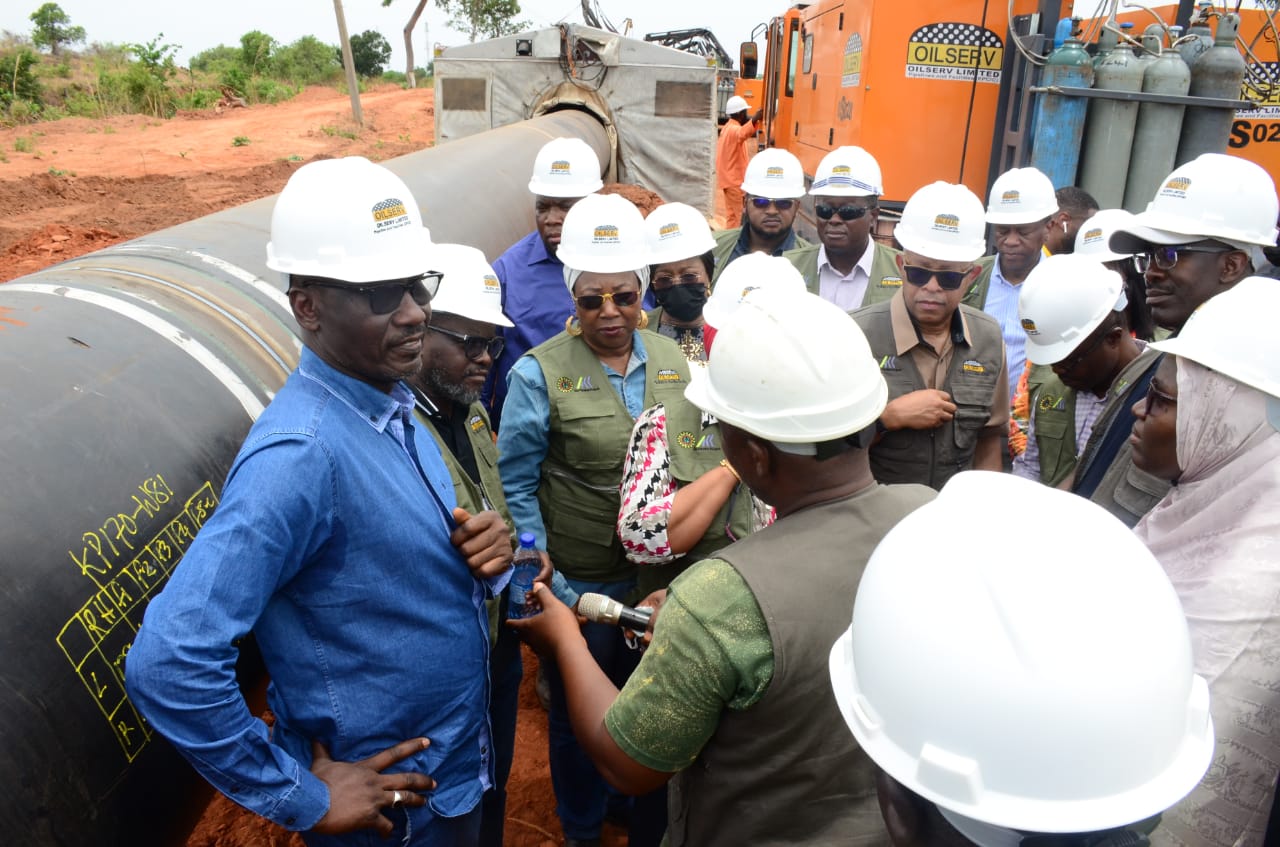By Bassey Udo
The “RT 200” policy by the Central Bank of Nigeria (CBN) has so far attracted about $60 million in foreign exchange inflows into the country since its introduction last February.
Reviewing the progress so far recorded with the policy, the Bankers Committee at the end of its 364th meeting in Lagos on Thursday announced the approval by the CBN governor, Godwin Emefiele, of the immediate release of N3.5 billion rebates as incentives to various categories of exporters in the country.
The “RT 200” policy, also known as “Race to $200billion in FX Repatriation” was introduced by the CBN in consultation with the Bankers Committee to facilitate the repatriation of about $200 billion from non-oil exports over the next 3-5 years.
The programme is anchored on the promotion of value-adding exports, non-oil commodities expansion, non-oil foreign exchange rebate scheme, dedicated non-oil export terminal, and biannual non-oil export summit.
Providing details on the newly introduced scheme during a virtual media briefing at the end of the meeting, the Managing Director of Fidelity Bank PLC, Nneka Onyeali-Ikpe, said this was in fulfilment of the promise by Emefiele to provide incentives for exporters to boost foreign exchange inflows into the country from non-oil exports.
Under the new incentive policy to encourage value addition to Nigerian made export products, Onyeali-Ikpe said semi-finished, intermediate and completely finished products would enjoy rebates on every dollar realized from their export activities.
While export proceeds sold to another end-user would receive rebates of N65 on every dollar realised, the proceeds from exports utilized by the exporter would attract a rebate of N35 on every dollar realised.
Also, Onyeali-Ikpe said the Committee approved long-term financing at single digit terms for state governments as an incentive for them to set up export processing zones and export terminals in their domains.
She said the rebates would be paid to qualified exporters on a quarterly basis.
So far, she said about 150 customers from various levels of exporters under the finished and semi-finished goods categories have benefited from the N3.5 billion rebate scheme.
“The incentives to the state governments would be at single digits terms, in addition to long term financing, to boost foreign exchange inflows into the country and grow exports.
“Apart from the Plateau State government, which has already completed its port in Jos, other states are at different stages of engagements on the initiative, to help the exported goods get to the wharf very quickly and exported on time,” she said.
The Director of Banking Supervision, Haruna Mustapha, said the RT 200 was recently introduced by the CBN to diversify the sources of foreign exchangd in the economy to support economic activities in the country, while the development of the E-Naira and other initiatives were aimed at expanding various payment options in the country.
The MD of Wema Bank PLC, Ademola Adebise, who spoke on the progress so far in expanding the existing payment options in the country’s financial system, said a review of the level of adoption of the NQR code launched last year by the Nigerian Interbank Settlement System, showed a significant level of acceptability.
The objective of the payment platform, Adebise said, was to improve financial inclusion through the payment system infrastructure in the country as complementary to other payment platforms, like the point of sale (POS) terminals.
Apart from the advantage of the payment platform not requiring huge infrastructure to operate, like the other payment platforms, outside the mobile phone, Adebise said payments could be made from individual to individual through the platform (P2P model), or from individual to business (P2B model).
He said considering prospects of NQR code being accepted in 176 countries of the world, the committee resolved to step up the level of awareness after reviewing the level of adoption of the payment platform.
On the progress made on E-Naira since its launching in October last year, the MD of GTB, Miriam Olusanya, said so far there have been 757,000 downloads of the Application, apart from 165,000 consumer retail wallets and 280,000 merchant wallets.
Realising that the future of money is digital, Olusanya said the CBN had proactively pioneered the digital currency scheme in Africa, with other countries still at the research and development stage, or two in pilot phases.
On the advantages of the E-Naira over the other payment platforms, Olussnya said apart from being the only digital currency that has legal backing, it maintains the same exchange value as the Naira currency at all times, and currently attracts no cost to the customers.
“CBN wants the E-Naira to remain cheaper than other transactional channels, even if subsequently there is a cost to it. It will drive innovation in the financial system,” she said.
On plans to move to the second phase of its rollout, Olusanya said the plan was to be able to onboard the unbanked customers using the USSD platform to aid financial inclusion in the system.
The MD of Sterling Bank PLC, Abubakar Suleiman, noted the impact of the brain drain in the system, as a result of many talents that have either left the industry or the country in the area of software engineering.
He said the Committee expressed its commitment to utilise the Chartered Institute of Bankers of Nigeria (CIBN) to train more skills in the industry, ro makeup wherever there was deficit.
The investment to be funded by the industry as part of its contribution to talent development in the industry,
he said, was in the hope that it would improve availability of talents in the banking sector to drive the emerging era of innovation.




